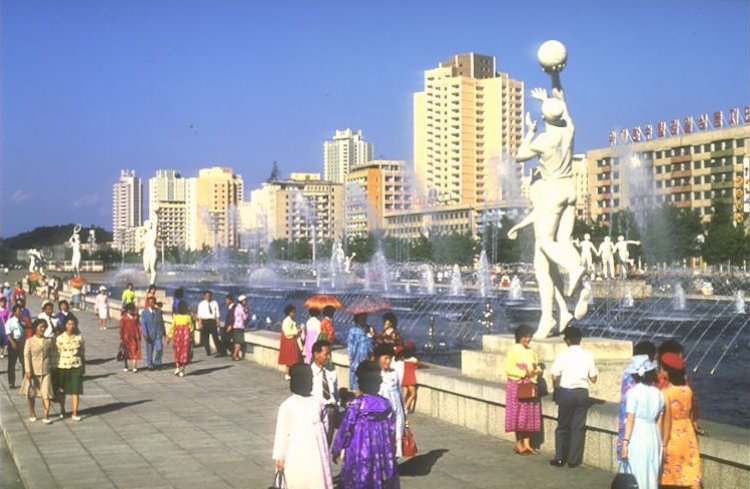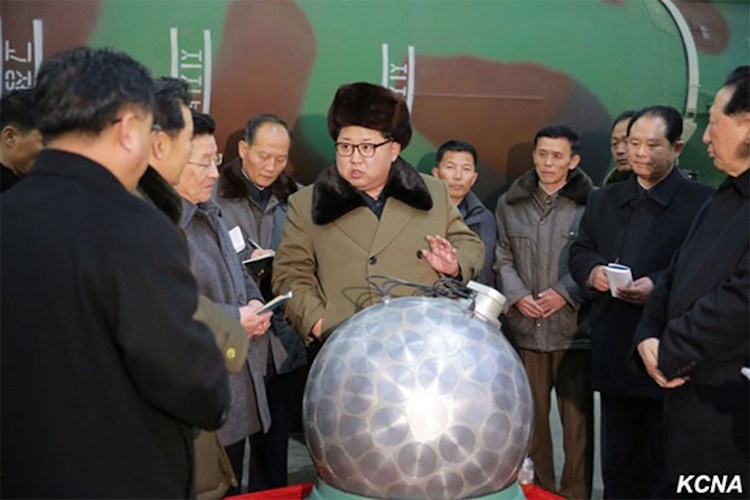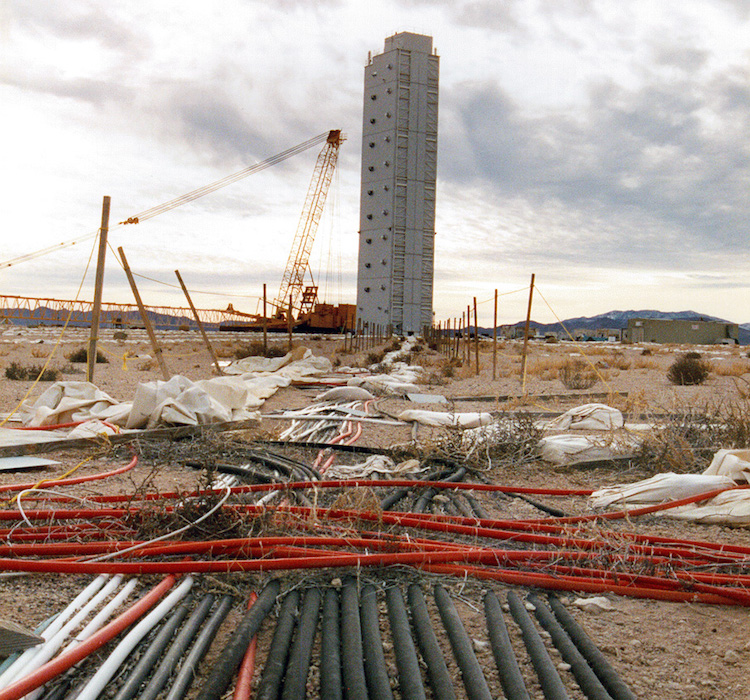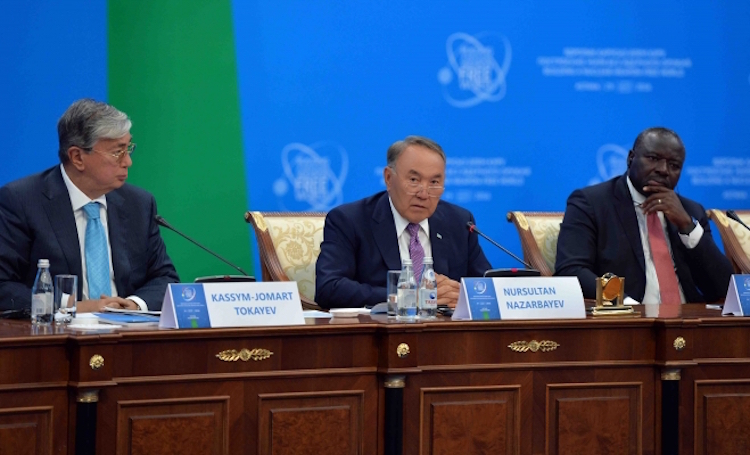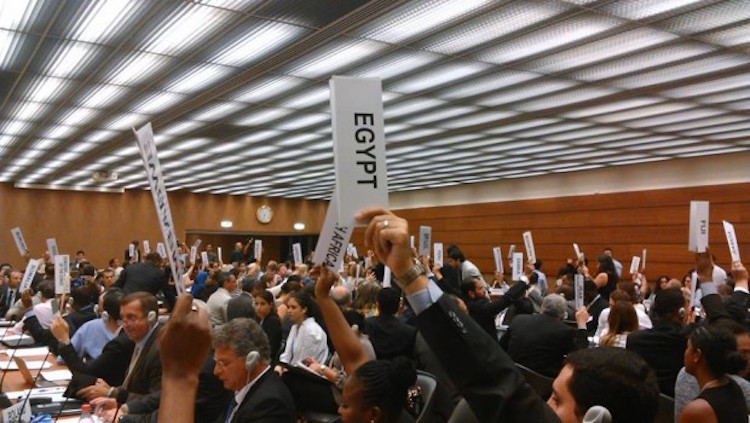By J Nastranis
NEW YORK (IDN) – Spurred by North Korea’s fifth nuclear weapon test explosion on September 9, the UN Security Council is expected to adopt before the end of September a resolution reinforcing the de facto global ban on nuclear weapons testing established 20 years ago by the Comprehensive Test Ban Treaty (CTBT).
According to the Washington-based Arms Control Association, the Council’s five permanent members (P5) – the United States, UK, France, Russia and China – would complement the resolution by a separate political statement reiterating their support for the object and purpose of the CTBT.



